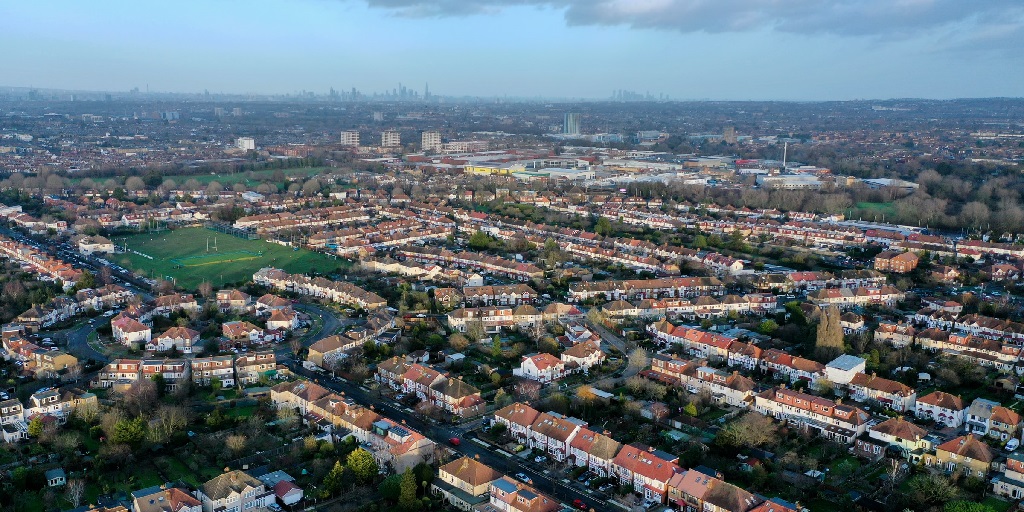This information should not be interpreted as financial, tax or legal advice. Mortgage and loan rates are subject to change.

Categories: prs | bad credit and debt | covid
The National Residential Landlords Association (NRLA) has released new data showing the average debt renters owe, because of the pandemic, has increased by 41% since May 2021.
Rent arrears
The NRLA commissioned Dynata to conduct a survey of over 2,000 private renters.
Responses to the survey showed that the number of renters in arrears had fallen from 7% in May, to just 3.7% in September.
However, the NRLA worked out this figure was representative of nearly 433,000 tenants, and the total they owe has increased from an average of £900 in May, to £1,270 by 30th September.
This is an increase of over 41%.
The data from the survey also highlighted that over half of those with outstanding, Covid-related, rent arrears were not in receipt of Universal Credit, making them ineligible for Discretionary Housing Payments.
Ben Beadle, Chief Executive of the NRLA said:
“The NRLA is concerned that tenants with outstanding COVID related rent debts are seeing these arrears increase. Whilst landlords have done all they can to support affected tenants, they simply cannot afford for this situation to continue indefinitely.
“With the Government having made funding available for affected tenants it is now vital that councils get this to those affected renters as swiftly as possible. In doing so they should prioritise those not eligible for emergency housing benefit support. This course of action is the best way to sustain tenancies and keep people in their homes.”
The government has made funding available for councils in England to help vulnerable renters affected by the pandemic, and the NRLA is calling on local authorities to ensure this is focused on those unable to access emergency housing benefit support.
Landlord losses
Meanwhile, other research conducted by BVA/BDRC for the NRLA, reveals that 61% of landlords who had offered at least one tenant a rent-free or deferred rent period during the second quarter of the year, absorbed the losses from their savings.
With recent YouGov figures suggesting that 61% landlords rent out just one property, and 34% are retired with rental income representing all or part of their pension, the NRLA is warning that reliance on landlord savings is not sustainable in supporting tenants facing rent problems.
Responding to the findings, Ben Beadle said:
“These figures show the extent to which landlords have worked to sustain tenancies as a result of the pandemic, many at the expense of their retirement savings. But this cannot continue indefinitely.
“After months of calling on the Government to help tenants who through no fault of theirs got behind with their rent, we have welcomed the funding now made available to help those affected to pay off COVID rent debts.
“It is now vital that councils ensure tenants who need it can access the funding swiftly. Without this, landlords will be left between a rock and a hard place either expected to sustain rent arrears they cannot afford or to repossess their properties, neither of which we want to see.”
With the announcement of the Covid arrears fund at the beginning of November, we are still waiting for the full amount of support to be issued.
Will the financial aid come in time, to help those landlords who are facing financial difficulty from the pandemic?





